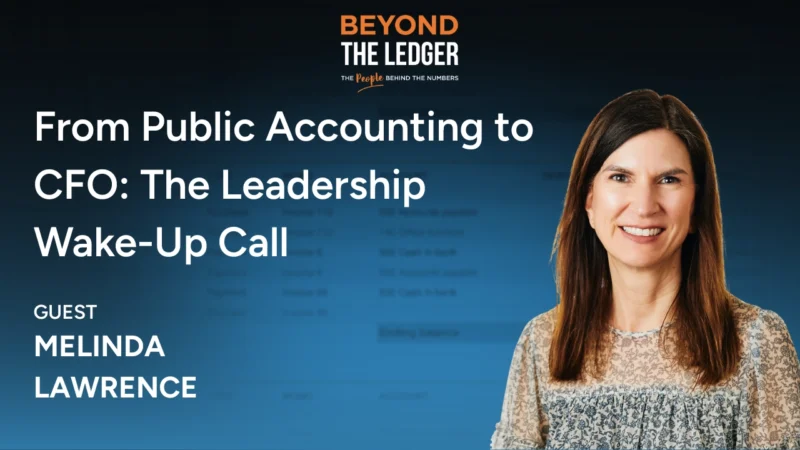Wayfair: “Still Ignoring Sales Nexus” Or “Evolution of”
In this Weaver Beyond the Numbers episode, Steven Scarborough, Mayur Naik, and Brandon Hayes review the implications of the Wayfair vs. South Dakota case. As e-commerce continues to dominate the market, understanding the nuances of sales tax and economic presence becomes crucial for businesses.
Key Points:
- The Wayfair vs. South Dakota case determined that companies can have an economic presence, not just a physical one, obligating them to collect sales tax
- Companies must be aware of varying state thresholds and definitions of nexus, impacting both sales and filing obligations
- Businesses can address potential noncompliance through voluntary disclosure agreements with states, often settling penalties and interest
The Wayfair vs. South Dakota case marked a significant shift in the perception of businesses regarding their economic presence in a state. No longer is it just about physical presence; the Supreme Court’s ruling emphasized the importance of economic activity. This change has broad implications, especially for businesses operating online. With e-commerce on the rise, understanding these nuances is essential for compliance and avoiding pitfalls.
As Naik explains, “In 2018, the company Wayfair brought a case against the state of South Dakota… It’s no longer mandatory that you only have a physical presence of store location or people. You can now also have an economic presence in our state.” Hayes elaborated on the challenges, stating, “I think where a lot of companies end up getting caught up is that the ones that are educated on the decision believe that economic nexus has replaced physical nexus, and it’s just not true.”
Subscribe and listen to future episodes of Weaver: Beyond the Numbers on Apple Podcasts or Spotify.
©2023




